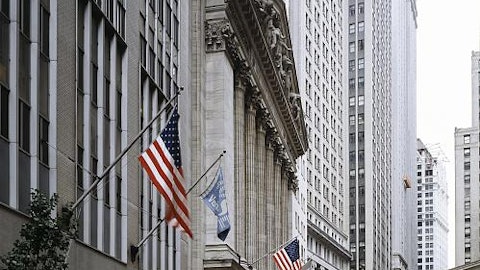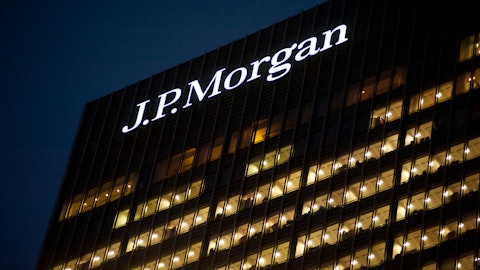Every time individual investors come across heavy insider buying at certain companies, they should recall the following statement made by successful finance guru Peter Lynch: “Insiders might sell their shares for any number of reasons, but they buy them for only one: they think the price will rise”. Indeed, extensive research provides evidence that insiders’ purchases tend to beat broader market benchmarks on aggregate. This phenomenon can be explained either by insiders’ tendency to act as contrarian investors or by their first-hand knowledge of what their companies are doing, which allows them to time their purchases better than other investors. With that in mind, the following article will discuss the recent insider buying activity registered at three companies, as we attempt to figure out what might have spurred those companies’ insiders to purchase shares.
Most investors can’t outperform the stock market by individually picking stocks because stock returns aren’t evenly distributed. A randomly picked stock has only a 35%-to-45% chance (depending on the investment horizon) to outperform the market. There are a few exceptions, one of which is when it comes to purchases made by corporate insiders. Academic research has shown that certain insider purchases historically outperformed the market by an average of seven percentage points per year. This effect is more pronounced in small-cap stocks. Another exception is the small-cap stock picks of hedge funds. Our research has shown that the 15 most popular small-cap stocks among hedge funds outperformed the market by nearly a percentage point per month between 1999 and 2012 (read more details here). The trick is focusing only on the best small-cap stock picks of funds, not their large-cap stock picks which are extensively covered by analysts and followed by almost everybody.
Let’s begin our discussion by looking into the insider buying activity witnessed at Raymond James Financial Inc. (NYSE:RJF). Vice Chairman Francis S. Godbold purchased 22,000 shares on Friday at prices that ranged from $43.48 to $43.63 per share, lifting his overall stake to 183,000 shares. The shares of the financial services company have plummeted by more than 25% since the beginning of 2016, presumably because of the declining U.S equity market. The recent plunge has made the company’s price-to-earnings multiples more attractive to investors. For instance, Raymond James Financial Inc. (NYSE:RJF) trades at a forward P/E ratio of 10.48, which sits well below the average of 15.38 for the S&P 500 benchmark. A sustained decline in equity markets generally results in lower asset-based revenue for the company, but Raymond James Financial has been quite successful in operating amid volatile and deteriorating business conditions. Just recently, the company released its earnings report for the first quarter of fiscal year 2016, disclosing net revenue of $1.27 billion. The top-line results increased by 2% year-over-year, but dropped by 5% compared to the preceding quarter. The firm’s net income totaled $106.3 million or $0.73 per diluted share for the quarter, which represented a 16% year-over-year decrease and an 18% quarter-over-quarter decrease. Two financial hubs that have coverage on the stock, Nomura and Citigroup, downgraded RJF in January to ‘Neutral’ from ‘Buy’. A total of 20 hedge funds from our system had long positions in Raymond James Financial at the end of the September quarter, which accumulated 4.50% of its outstanding shares. Ken Griffin’s Citadel Advisors LLC lifted its stake in Raymond James Financial Inc. (NYSE:RJF) by 148% during the third quarter to 2.11 million shares.
Follow Raymond James Financial Inc (NYSE:RJF)
Follow Raymond James Financial Inc (NYSE:RJF)
Receive real-time insider trading and news alerts
The next page of this insider trading article discusses the insider buying witnessed at KeyCorp (NYSE:KEY) and Simmons First National Corporation (NASDAQ:SFNC).




